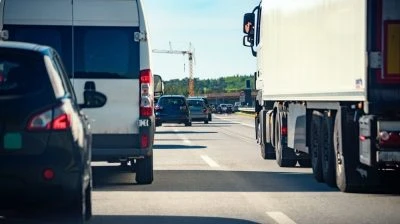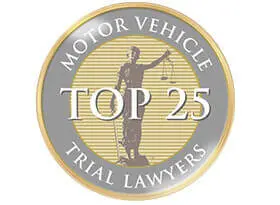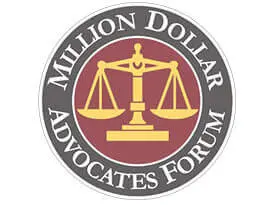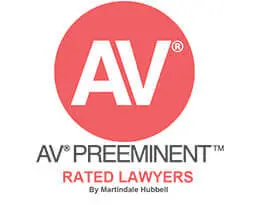
Auto accidents involving semi-trucks are some of the most dangerous, and typically include a higher number of fatalities than other types of crashes. Atlanta is an extremely busy city for tractor trailers because it is the central connection between many cities and states. Living in the Cobb County area means you’re likely to travel near these larger vehicles, so it’s important to understand what can go wrong. Hopefully that can help in preventing a potential crash.
Some of the most common severity factors of trucking accidents include the high speeds in which the crashes usually occur, as well as the large size and weight of the vehicles and connecting trailers. When compared to the smaller and lighter automobiles typically involved in multi-vehicle accidents, there’s a significant difference.
Semi-truck crashes can also be confusing from a legal standpoint, as there’s often more than one party involved. Georgia is an at-fault state, meaning that the person who is at fault in an automobile accident can be held accountable for injuries, damages and loses in an accident. As in any auto accident in Georgia, the at-fault party should be determined before insurance or further compensation can be claimed. In some instances, there may be more than one party at fault involving an 18-wheeler. In most cases it’s helpful to seek legal advice to ensure fair treatment, and in cases where you are not at fault and require medical attention it is crucial to have an experienced attorney advocating for your best interests.
Tractor trailer accidents many times have more factors to consider, as well as other entities that may be held liable in an accident. Here are some of the various parties that may be held liable in an accident involving a semi-truck, sometimes even multiple in the same crash:
- The Truck Driver. In some instances, the driver may be held fully liable. Were they under the influence at the time of the accident? Are they an employee of a trucking company, or an independent contractor? Were they acting within the scope of their job responsibilities? All of these questions play a role in determining fault and liability.
- The Trucking Company. If the driver was performing their job responsibly and did not intentionally cause the accident, there’s a chance the trucking company will be held responsible.
- The Truck Owner. If an 18-wheeler is owned by someone other than the driver, the owner of the truck can hold responsibility for accidents involving their vehicle.
- Parts Manufacturer. If an accident was caused by vehicle failure that wasn’t the fault of the driver or the trucking company, the parts manufacturer may be held liable. For instance, many accidents involving semi-trucks are attributed to bad brake pads. There are also times that vehicles are recalled due to manufacturing mistakes and safety hazards. All of these situations must be considered to determine liability.
- Maintenance Provider. Tractor trailers undergo regular maintenance and inspection to ensure roadway safety. In many situations, mistakes or a lack of proper maintenance by the maintenance provider can lead to their assignment of liability in the event of an accident. It’s also important to ensure that the mechanic working on a truck is properly trained and certified to do so.
- Shipper or Loader of the Truck’s Cargo. Loading an 18-wheeler correctly is crucial in the overall safety and control of the vehicle. Improper weight distribution and loading of materials can lead to the shipper or loader of the truck being held responsible.
The sheer number of potential parties that may be held responsible for an accident prove the potential difficulties in recovering damages in a tractor trailer accident. Unfortunately, the damages involved in such accidents can be expensive, severe and life-altering. So, if you’ve been involved in an 18-wheeler accident and have questions, the staff at Jones & Swanson are happy to help however possible. Give us a call today for a free consultation.









